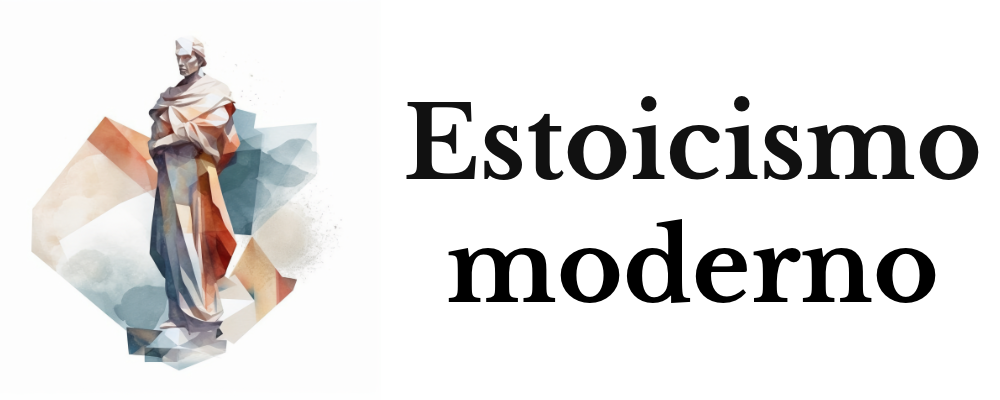Materialism in the Age of Technology: A World Removed from Stoicism
“True wealth is natural contentment, luxury is artificial poverty.” – Seneca
In an era bedazzled by the latest touchscreen and the promises of instant happiness a click-away purchase holds, Seneca’s observations resonate not as echoes of a forgotten past but as timely warnings from a timeless philosopher about a future that is already our present. Stoicism, that noble philosophy from antiquity, urges us to remember what truly matters—to channel our efforts and energies not into the superfluous, but into the fortitude of spirit and virtue. In this exploration, we delve into the contrast between contemporary materialism and Stoic precepts, seeking to distill ancient wisdom applicable to our modern lives.
The Challenge of Abundance
Technological advances have brought a plethora of benefits, but they’ve also quickened the pulse of materialism. Epictetus, in his Enchiridion, reminds us, “It’s not what you have, but how you use what you have that makes a difference.” By replacing having with being, technology can be a tool for personal development, not an anchor in the pursuit of material happiness.
In a world of planned obsolescence and constant updates, technology becomes a modern Sisyphus, pushing the latest gadget up the hill before it rolls down again in an endless cycle. Against this backdrop, Stoicism invites us to weigh our choices, to discern between necessity and desire, reminding us that contentment comes from satisfying the former and containing the latter.
The Illusion of Control
The digital world seduces us with the illusion that we can control everything, from the climate in our home to the image we present on social media. Yet, Marcus Aurelius, in his Meditations, teaches us a valuable lesson: “Embrace simplicity, some of the harshness of the soldier’s life, not as someone embittered by life, but with no need to be manipulated by it.” In authenticity of acceptance, we find inner peace.
The truth is that many aspects of technology are beyond our control. Algorithms decide what we see, social media shapes our opinions, and devices demand our constant attention. In response, Stoicism urges us to focus on our authentic sphere of influence: our actions, our ethics, and our responses to an external world that challenges our serenity.
Virtue in the Virtual
Despite material distractions, the virtual space also offers fertile ground for cultivating virtue. This aligns with Musonius Rufus, who asserted that, “Philosophy is nothing without justice.” In our online interactions, we often forget that behind each profile is a real person. Practicing empathy, kindness, and fairness in our digital relationships reflects our commitment to a virtuous life, regardless of the medium.
Yet, how can one cultivate virtue in an often anonymous and depersonalized environment? Through awareness and continual practice. Every comment, message, or post can be an expression of our Stoic virtues. Here and now, we can exercise wisdom and moderation, turning technological platforms into extensions of our ethical life.
Technical Temperance
Temperance, one of the four cardinal virtues of Stoicism, has never been more pertinent. In the words of Seneca, “It is superfluity that ruins health, and often what was barely enough we could not be satisfied with.” Adoption of technologies should not be indiscriminate. As the modern maxim goes, “less is more,” or in Stoic terms, simplicity suffices.
Practically, this might translate to setting time limits on device usage or preferring tools that enrich our lives instead of those that promote dependency and emptiness. Digital detox isn’t just a trend, but a modern way to apply Stoic self-mastery and reaffirm our autonomy.
Conclusion: The Stoic Awakening
With every new invention, we drift further from nature and our own natures. However, the solution is not to renounce technology but to use it mindfully. Each choice can be an act of resistance against the tide of materialism, a statement of self-determination and personal growth.
Let this article be a call to action: to reflection, yes, but also to living Stoicism in the digital age. May we navigate this technological ocean with the compass of virtue, always remembering that “It is not the things themselves that trouble people, but their judgements about those things” (Epictetus). So, let us examine our judgments, adjust our sails, and move towards a horizon of wisdom and serenity, away from superficial materialism, close to the heart of a fulfilling and meaningful life.









